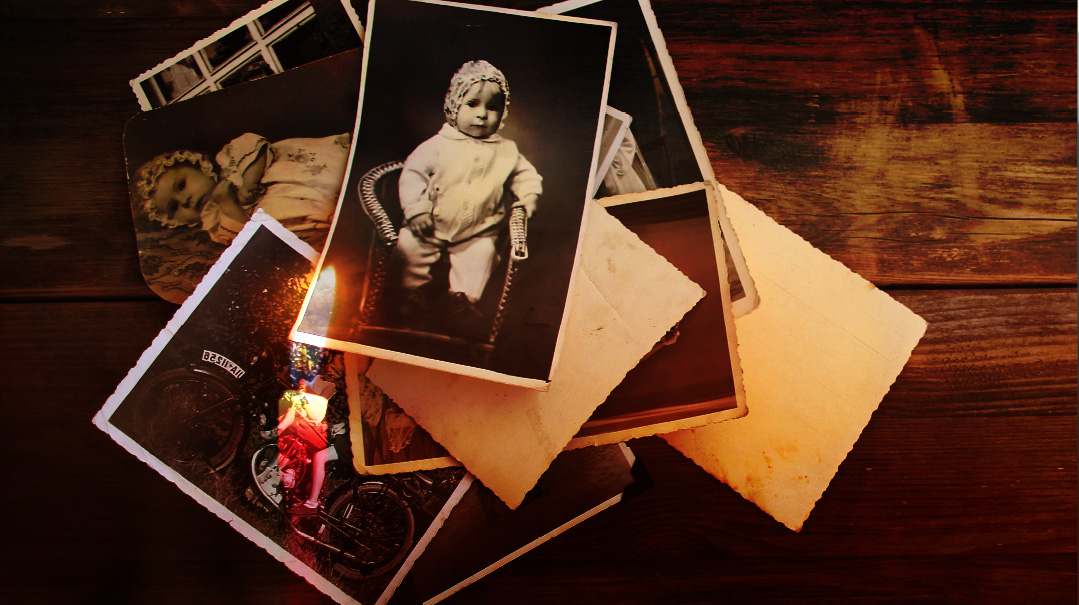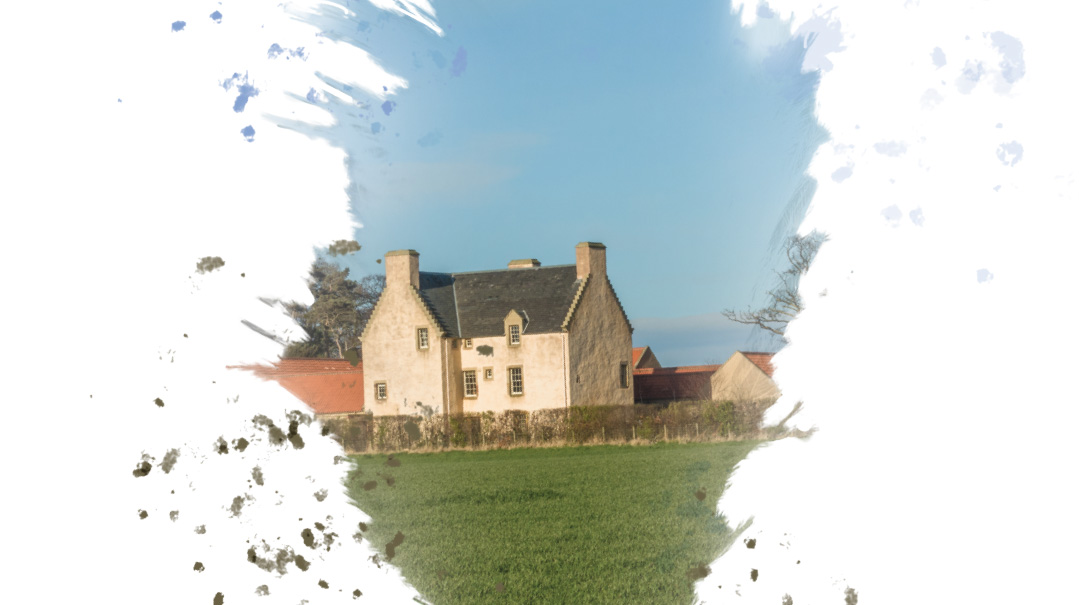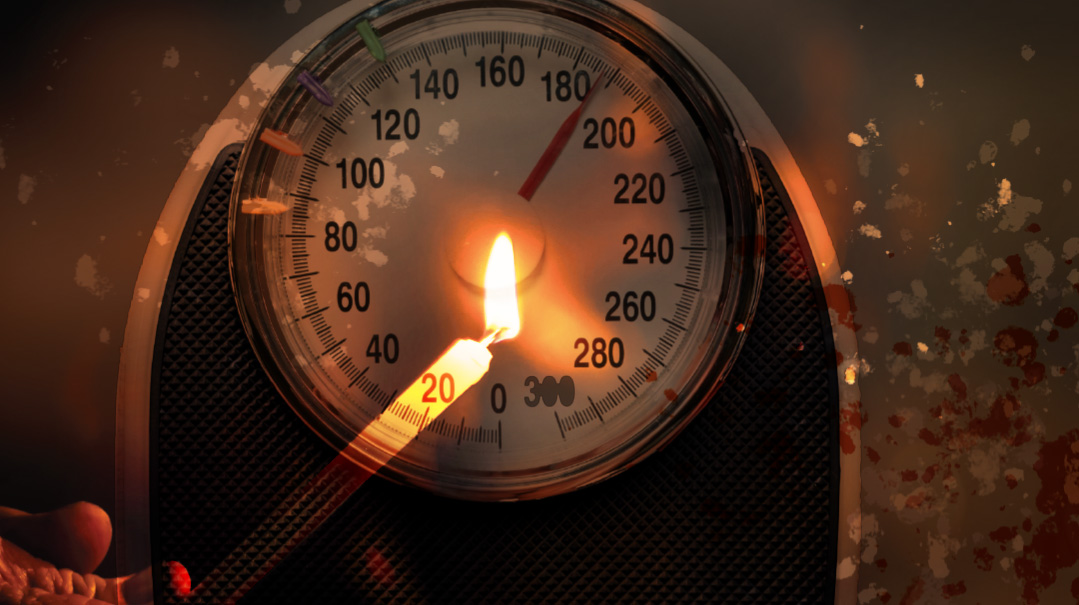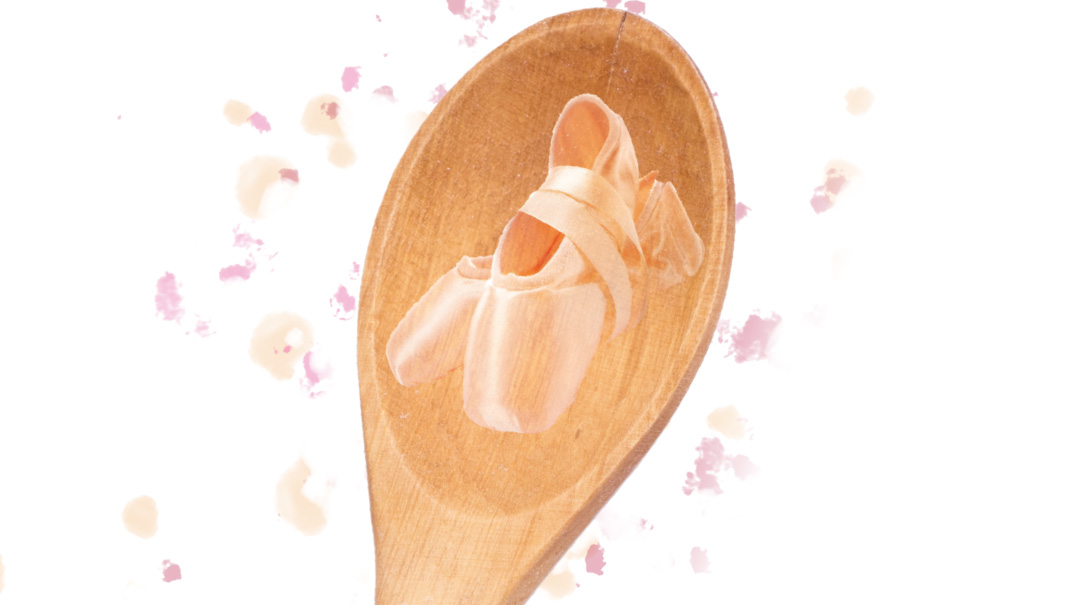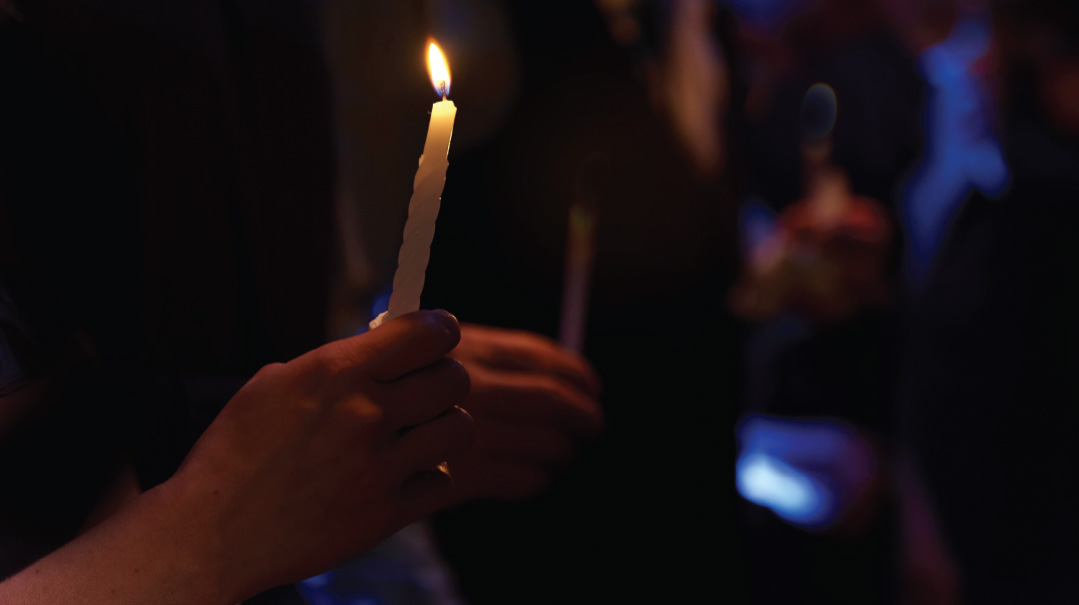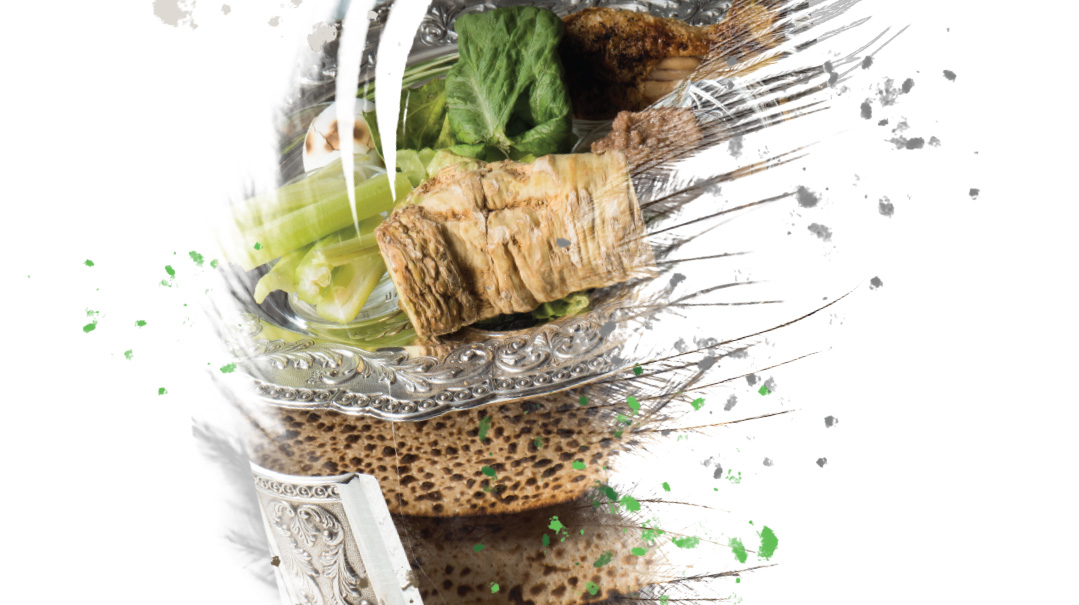Where’s the Rulebook?
| April 11, 2022Nine writers recount their search for chometz — and what they found

“M
azel tov! I’m so happy for you!” I beamed at the brand-new kallah.
Then I stood there awkwardly, having said mazel tov and asked all the questions I knew to ask (though not fully grasping the subtext of the answers). Now what was I supposed to do?
I smiled at the kallah, who I assume was also wondering why I was still standing there, since she was ready to move on to greet the next person already. I quickly backed away, scanning the room for anyone whom I knew even slightly.
But what would I talk to them about? I was newly married and new to town. Without any mutual friends or family or connections from camp or seminary or kids in school, I was a major dead-end in Jewish Geography. I didn’t really have much in common yet with the majority of women in the room, and while I was genuinely excited for the new couple, I was also genuinely stumped at what I was supposed to do at a vort beyond wishing mazel tov.
On top of that, I wasn’t sure my outfit was fancy enough, or that I was wearing the right sheitel, or that I even had enough shaychus to be there at all.
These unwritten social rules were the most unexpected hiccups in my post-conversion life. Learn Hebrew? Sure, I could do that. Know when to use Hebrew in regular conversation and when to just say the same thing in English? Not really sure about that. Cover my knees, elbows, and collarbone? No problem! Know when to switch over from black tights to neutral ones, or where to find a skirt with the right look? No clue.
I loved being Jewish, I loved Shabbos, loved the community I’d joined, but I felt this constant insecurity that I was somehow doing everything all wrong. Was I supposed to refer to my rav in the third person? Was that kavod or was that weird? When I called my kids “zeeskeit” was it normal or was it cultural appropriation?
Social events brought up a mix of excitement (I like people) and dread (what faux-pas would I commit this time?). And, of course, I felt like I was the only one with these insecurities. I was too ashamed to admit how often I didn’t know what I was doing, too embarrassed to ask for help.
Time went on. I began to notice that other people, specifically FFBs, also didn’t know how to do things. Like the time I was traveling to a simchah and asked my travel partner, the daughter of a rav, if she could say Tefillas Haderech for us. She stumbled over the words and casually remarked, “This is always so hard to say.”
Or the time a neighbor shared that she didn’t know if her kids refusing to come to the table for bentshing was a normal thing or a chinuch issue. Or the time a friend confided in me about her struggles with feeling like she wasn’t fulfilling her potential.
So it wasn’t just me. It wasn’t just my background. Everyone has questions. That’s just life. Internalizing that realization gave me the confidence to ask for advice, to not be afraid to make mistakes.
I still have moments of extreme awkwardness (like the time I mixed up the chuppah time with the kabbalas panim time and showed up at the hall before half the family did), and I still wonder about when to switch over from black tights. But now I handle these moments and questions with a confidence I’m so grateful to have found.
(Originally featured in Family First, Issue 789)
Oops! We could not locate your form.

